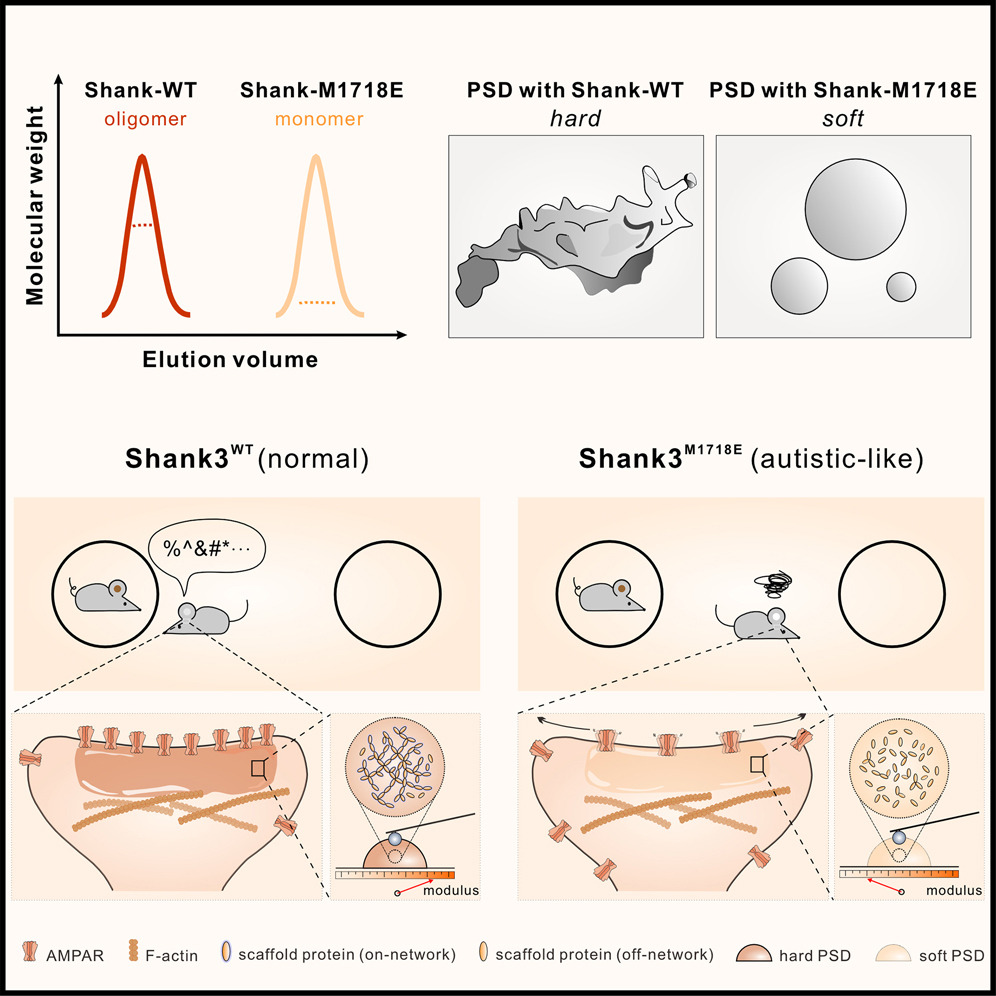Dysregulation of microglial function contributes to neuronal impairment in mcoln1a-deficient zebrafish
2019.03.29Jin, W., Dai, Y., Li, F., Zhu, L., Huang, Z., Liu, W., Zhang, M., ... & Wen, Z. (2019). Iscience, 13, 391-401.
Type IV mucolipidosis (ML-IV) is a neurodegenerative lysosome storage disorder caused by mutations in the MCOLN1 gene. However, the cellular and molecular bases underlying the neuronal phenotypes of ML-IV disease remain elusive. Using a forward genetic screening, we identified a zebrafish mutant, biluo, that harbors a hypomorphic mutation in mcoln1a, one of the two zebrafish homologs of mammalian MCOLN1. The mcoln1a-deficient mutants display phenotypes partially recapitulating the key features of ML-IV disorder, including the accumulation of enlarged late endosomes in microglia and aberrant neuronal activities in both spontaneous and visual-evoking conditions in optic tectal neurons. We further show that the accumulation of enlarged late endosomes in microglia is caused by the impairment of late endosome and lysosome fusion and the aberrant neuronal activities can be partially rescued by the reconstitution of Mcoln1a function in microglia. Our findings suggest that dysregulation of microglial function may contribute to the development and progression of ML-IV disease.
- Recommend
-
2025-10-22
IQSEC2/BRAG1 may modulate postsynaptic density assembly through Ca2+-induced phase separation.
-
2025-08-22

Shank3 oligomerization governs material properties of the postsynaptic density condensate and synaptic plasticity.
-
2025-08-21
Modulating synaptic glutamate receptors by targeting network nodes of the postsynaptic density condensate.
-
2025-08-19
Current practices in the study of biomolecular condensates: a community comment.
-
2025-06-10
Phase separation instead of binding strength determines target specificities of MAGUKs.

